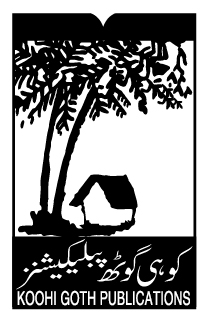The Ethics of Empowerment: Mentorship, Autonomy, and Academic Boundaries
Keywords:
Ethics, Empowerment, Mentorship, Autonomy, Academic BoundariesAbstract
Background: Academic institutions need to have clear policies, reporting mechanisms, and support systems in place to address boundary violations promptly and effectively. Prevention and education regarding professional boundaries are equally crucial to minimize the likelihood of such violations occurring and to maintain a healthy, respectful academic environment. This research paper aims to contribute to the academic discourse surrounding the professor-student relationship, emphasizing the importance of professional boundaries for the benefit of all stakeholders in higher education.
Methodology: This study employs a qualitative research design to comprehensively investigate professional boundaries in the professor-student relationship. In-depth interviews were conducted with a select group of participants, including professors, students, and academic administrators. These interviews provide rich qualitative data, allowing for a deeper exploration of experiences and insights.
Results: Qualitative results reveal rich insights into the experiences and perceptions of professors, students, and academic administrators regarding professional boundaries. These qualitative results highlight the complexity of the professor-student relationship and the importance of addressing professional boundaries in academia. They also emphasize the need for ongoing dialogue, education, and institutional support to ensure that these boundaries are understood, respected, and maintained to create a safe and conducive learning environment.
Conclusion: The maintenance of professional boundaries in the professor-student relationship is of paramount importance in the academic context. These boundaries have ethical, pedagogical, and practical significance that cannot be overstated. Ethically, they safeguard students' autonomy, protect against exploitation, and prevent harm. Pedagogically, they ensure the focus remains on learning, objectivity in assessment, and positive role modeling.
Downloads
Published
How to Cite
Issue
Section
License
Copyright (c) 2023 Author

This work is licensed under a Creative Commons Attribution 4.0 International License.








